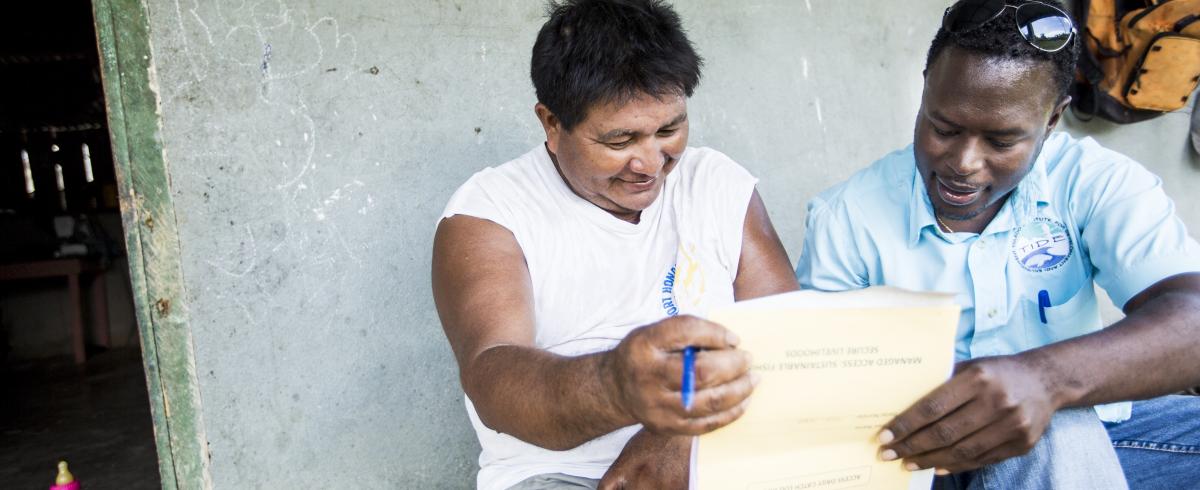The Status, Achievements and Impacts of Collaborative Fisheries Management Approaches in the SWIO Region
The main aim of this report is to establish the status and achievement of co-management, contribute to the development of successful fisheries co-management in the SWIO region and share lessons learned from previous and existing interventions. The information generated in this report will be of invaluable contribution to the own going fisheries co-management interventions and future work on this topic. There are various fisheries co-management initiatives in the SWIO region supported by both government and non-governmental entities.

